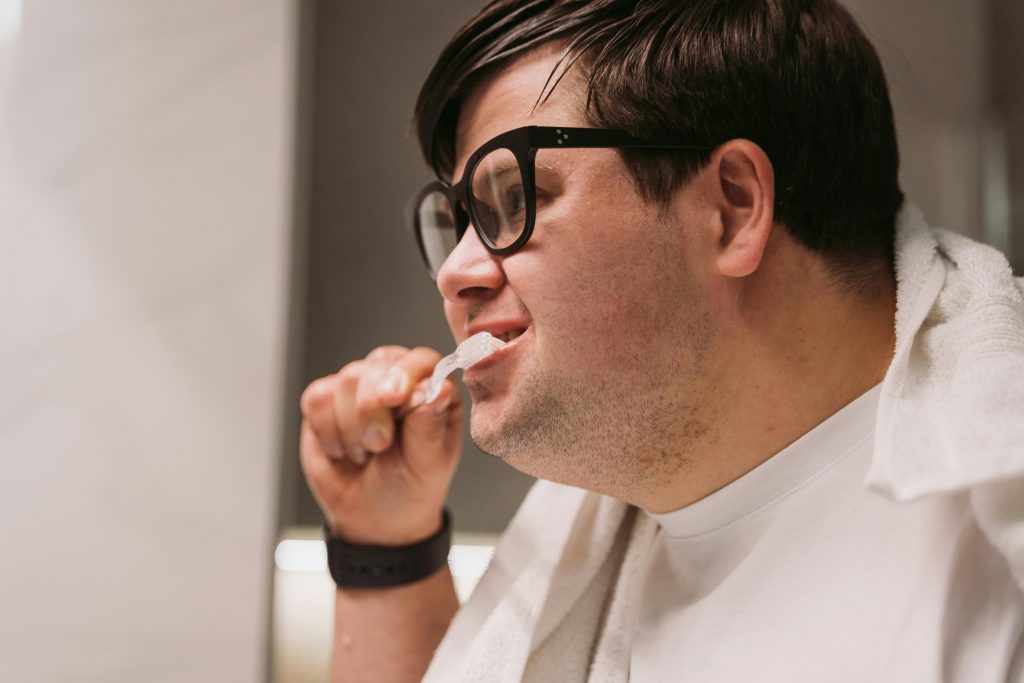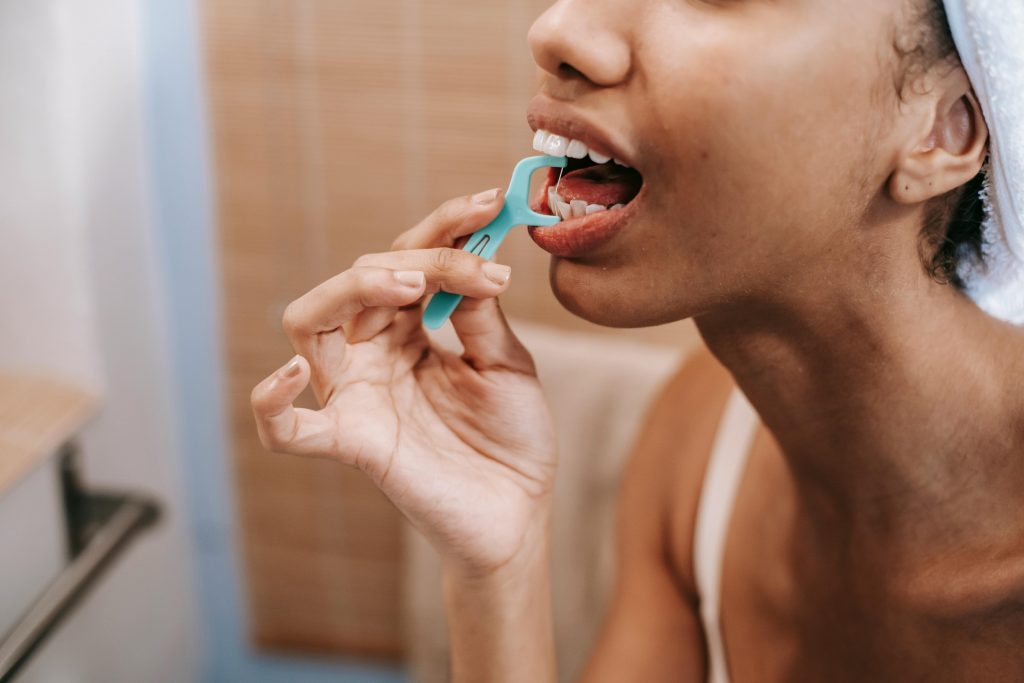Maintaining good dental hygiene is essential for your overall health and well-being. A healthy mouth not only allows you to speak, smile, and eat properly but also contributes to your self-confidence and social interactions. Poor oral hygiene can lead to dental issues such as cavities, gum disease, and bad breath, which can affect your quality of life. Here are some essential dental hygiene tips that everyone should know about to keep your teeth and gums in top condition.
1. Brush Your Teeth Twice a Day
Brushing your teeth twice a day is the foundation of good dental hygiene. It helps remove food particles, plaque, and bacteria that accumulate on your teeth and gums throughout the day. Use a fluoride toothpaste and a soft-bristled toothbrush to brush all surfaces of your teeth. Make sure to brush for at least two minutes, covering the front, back, and chewing surfaces of each tooth. For best results, use a toothbrush with a small head to reach all areas of your mouth.
Video Source
2. Use an Electric Toothbrush
While manual toothbrushes can be effective, many dental professionals recommend using an electric toothbrush. Electric toothbrushes are more efficient at removing plaque and can be easier to use for those with limited dexterity. The oscillating or vibrating bristles of an electric toothbrush can reach deeper into the crevices of your teeth, providing a more thorough cleaning. If you’re unsure which type of electric toothbrush to choose, consult your dentist or hygienist for recommendations.
3. Floss Daily
Flossing is an essential part of dental hygiene that many people neglect. Flossing removes food particles and plaque from between your teeth and under the gumline, where your toothbrush can’t reach. If left unattended, these particles can lead to cavities and gum disease. Make it a habit to floss at least once a day, preferably before bedtime. If traditional floss is difficult to use, consider floss picks or water flossers as alternatives.
4. Consider Using a Water Pick
A water pick, also known as an oral irrigator, is a device that uses a stream of pressurized water to clean between your teeth and along the gumline. It’s especially helpful for people with braces, dental implants, or bridges. A water pick can be more effective than flossing alone in removing plaque and debris, particularly in hard-to-reach areas. However, it should not replace regular flossing but rather complement your dental hygiene routine.
5. Avoid Sugary and Acidic Foods
Your diet plays a significant role in your dental health. Sugary and acidic foods can erode tooth enamel and increase the risk of cavities. Bacteria in your mouth feed on sugars, producing acids that wear down your enamel. To protect your teeth, limit your intake of sugary snacks, sodas, and acidic foods like citrus fruits and tomatoes. When you do consume these foods, rinse your mouth with water afterward to reduce the acid’s impact on your teeth.
6. Stay Away from Whitening and Charcoal Toothpastes
While whitening and charcoal toothpastes are popular for their ability to brighten smiles, they can be harmful to your teeth if used excessively. These toothpastes are often abrasive and can wear down your enamel, leading to sensitivity and increased risk of cavities. If you’re interested in whitening your teeth, it’s best to consult your dentist for safer alternatives that won’t damage your enamel.
7. Drink Plenty of Water
Drinking water is not only good for your overall health but also for your dental hygiene. Water helps wash away food particles and bacteria that can lead to plaque buildup. It also helps to neutralize acids in your mouth that can erode enamel. Make sure to drink water throughout the day, especially after meals and snacks, to keep your mouth clean and hydrated.
8. Chew Sugar-Free Gum
Chewing sugar-free gum after meals can help stimulate saliva production, which is your mouth’s natural defense against acid and bacteria. Saliva helps neutralize acids and wash away food particles, reducing the risk of cavities. Look for gum that contains xylitol, a natural sweetener that can help reduce the growth of bacteria in your mouth.
9. Visit Your Dentist Regularly
Regular dental check-ups are crucial for maintaining good oral health. Your dentist can detect early signs of dental problems and provide treatments before they become serious. It’s recommended to visit your dentist at least twice a year for a professional cleaning and examination. If you have specific concerns or conditions, your dentist may recommend more frequent visits. In Richmond, for example, a hygienist Richmond residents trust can provide expert advice and care tailored to your individual needs.

10. Replace Your Toothbrush Regularly
Your toothbrush can harbor bacteria and lose its effectiveness over time. It’s important to replace your toothbrush or toothbrush head (if you’re using an electric toothbrush) every three to four months, or sooner if the bristles become frayed. A worn-out toothbrush won’t clean your teeth effectively and may even cause damage to your gums.
11. Use Mouthwash
Mouthwash can be a beneficial addition to your dental hygiene routine. It can help reduce plaque, freshen your breath, and remove leftover food particles. Choose a mouthwash that contains fluoride to help strengthen your enamel and prevent cavities. However, mouthwash should not be used as a substitute for brushing and flossing but rather as a complement to your routine.
Conclusion
Maintaining good dental hygiene is essential for your overall health and well-being. By following these tips, you can keep your teeth and gums healthy and avoid common dental problems. Remember to brush and floss daily, visit your dentist regularly, and make healthy dietary choices. Whether you’re at home or visiting a hygienist Richmond residents recommend, these practices will help ensure that your smile stays bright and healthy for years to come.

